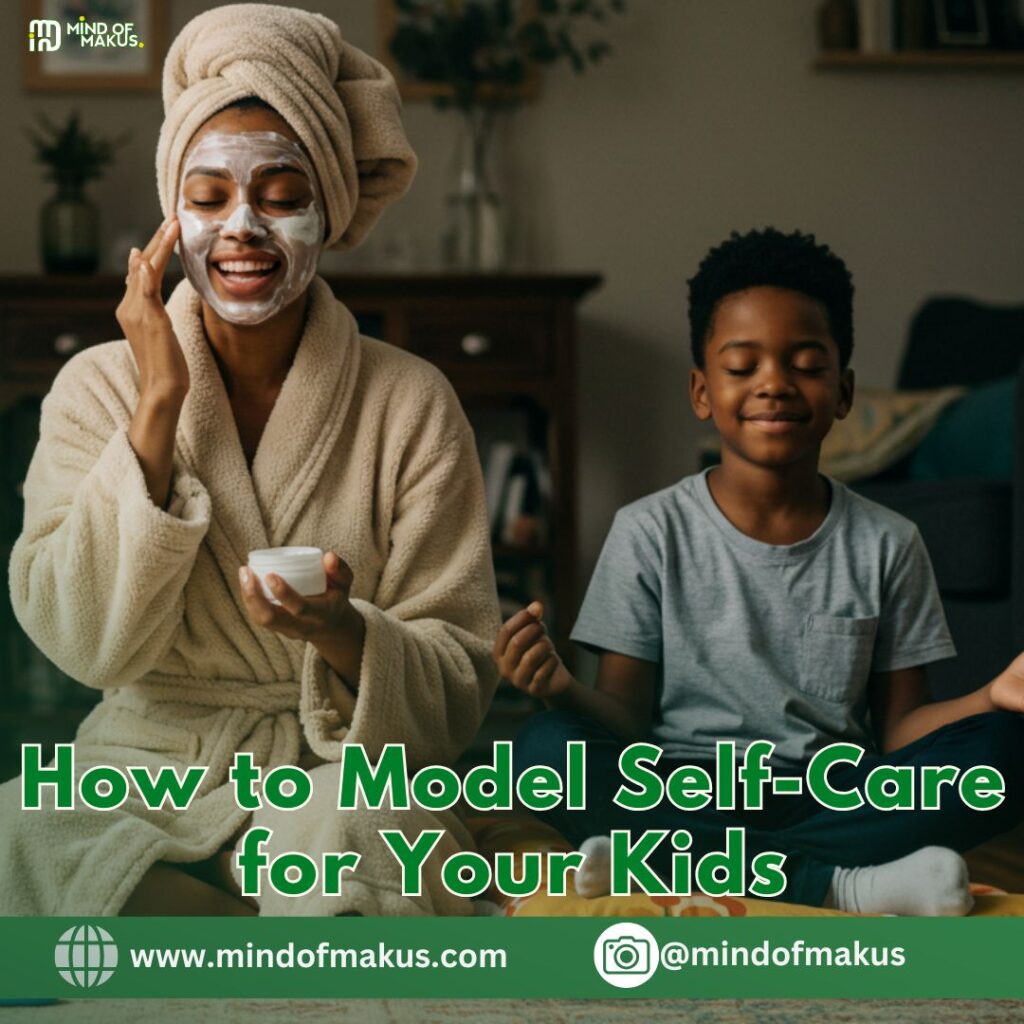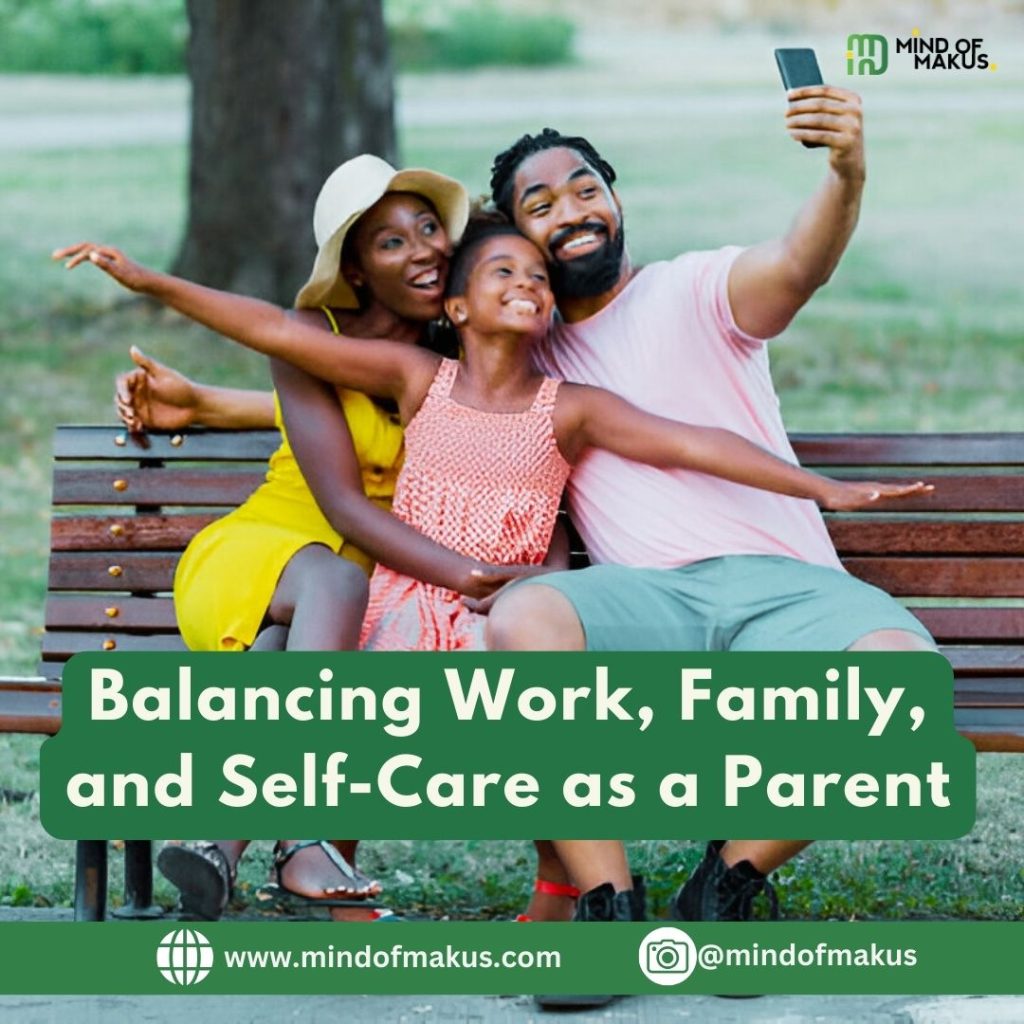Hello dear friend,
How are you this weekend? I hope things are feeling a bit calmer as the kids are prepping to return to school, and the traffic is prepping to come back to normal. Dear God, help us when school buses are back on the road. Lol.
We make it to the last week of August. God is kind to us. I have been busy with the family, but it has been one of my most exciting summers in a while.
Flitting between school runs, work deadlines, household responsibilities, and the everyday functions that keep everyone fed and warm, I sometimes put myself last on the list. Recently, my husband said, “come and sit, you have been on your feet too much”. We often don’t notice it; we keep going until the jobs are done, and unfortunately, they are never done.
I learnt in the first few years of being a parent, that the greatest gifts you can give your children is not only your love and support but also the example of how to care for yourself. Children catch a value by observing it, before it is ever taught.


Kids learn more from what we do than what we say. If we want them to grow into balanced, resilient adults who understand the importance of mental, emotional, and physical wellness, we need to show them what self-care looks like in real life.
In this blog, we’ll explore practical ways you can model self-care for your kids without guilt, and in doing so, create healthier family dynamics.
1. Prioritize Your Health
Your children watch how you treat your body. When they see you making time for exercise, eating balanced meals, drinking enough water, and scheduling rest, they understand that health matters. I remember when I started exercising at home and how it made my kids interested and engaged in it. It was heartwarming, and to be honest, I didn’t think much of it until later. We have a chance to model healthy living as part of normal life. Let’s take it.
- Take family walks or bike rides.
- Cook healthy meals together.
- Normalize doctor’s visits and rest days.
This helps your kids learn that taking care of the body is not optional — it’s necessary.
2. Set Healthy Boundaries
Children need to see that it’s okay to say “no.” By establishing clear boundaries — whether with work, friends, or extended family — you teach your kids that protecting your energy and peace is an act of self-respect. When they ask for things that are not currently achievable, say no and explain for understanding. Soon enough, the “ no” will be sufficient.
- Say no to unnecessary commitments.
- Limit screen time (for you and them).
- Practice quiet time, where everyone takes a pause to recharge.
Boundaries show kids that caring for others is important, but not at the cost of their own well-being. There is a way in which we can become scared or avoidant of tantrums and, as a result, become overly indulgent to our children. Teaching them that “if you scream loud enough, you get what you want”. Don’t we all know an adult like that? Obnoxious indeed.
Subscribe to My Newsletter
3. Manage Stress in Healthy Ways
Parenting comes with stress, but how you handle it teaches your children powerful lessons. Do you snap, complain, or shut down? Or do you pause, breathe, and find constructive outlets?
- Practice deep breathing in front of your kids.
- Talk about your feelings openly but calmly.
- Engage in stress-relieving hobbies such as journaling, reading, or painting.
When children see you choosing calmness and resilience, they learn that it’s possible to face challenges without being overwhelmed.
You can Support My Work
4. Practice Self-Compassion
We often speak kindly to others but are harsh with ourselves. Kids notice this. Show them that mistakes are not the end of the world, but an opportunity to grow. Share your daily struggles, don’t hide your weaknesses, and ask them to hold you accountable. Kids like being a part of age-appropriate tasks in the family; it reinforces learning.
- Replace negative self-talk with gentle words.
- Apologize when you slip up.
- Celebrate small wins.
- Try not to run your kids down with your words; they believe you.
By practicing self-compassion, you encourage your children to treat themselves with kindness, too.
5. Make “Me Time” Visible
Children should know that having personal time is not selfish. Let them see you reading, praying, meditating, or simply enjoying a cup of tea. Explain that this helps you recharge so you can be a better parent.
- Designate “quiet corners” in your home.
- Encourage everyone to have a hobby they love.
- Plan family downtime where rest is the priority.
When your kids see you prioritizing “me time,” they’ll understand that rest and joy are essential parts of life. I have a kid who is quite energetic and often requires personal time to let off steam in a quiet environment. My job is to notice that and make sure he has the space to embrace that part of himself until he is old enough to support himself that way. Pick up cues like this to teach that it is ok.


Final Thoughts
Modeling self-care for your kids is less about telling them what to do and more about showing them. When they watch you value your health, set boundaries, manage stress, practice self-compassion, and make time for joy, they’ll grow up with the tools to care for themselves too. They will respect themselves more and understand that a healthy balance isn’t earned by burnout.
Remember: taking care of yourself is not just for you — it’s also an investment in the emotional, mental, and physical health of your children, and the generations to come. By modeling self-care, you’re planting seeds that will flourish in their lives for years to come.
Until next time, stay authentic.
Stay resilient, and continue to honour your needs.
Live wholeheartedly,
Amaka



